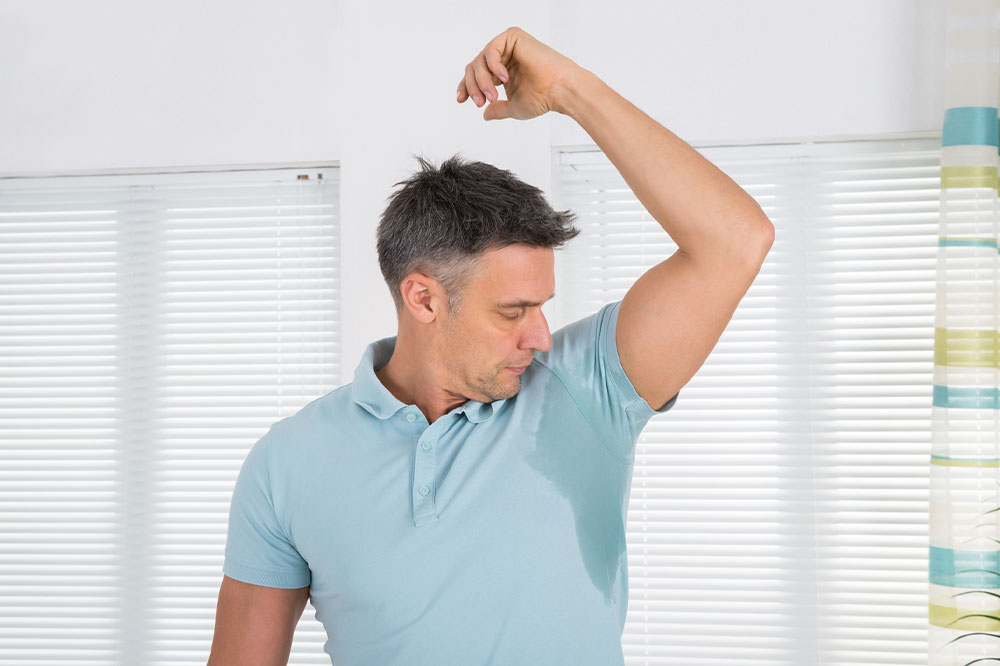Understanding, Preventing, and Managing Night Sweats
Night sweats can significantly affect sleep and indicate underlying health issues. This article explores common causes, preventive measures, and management options to help sufferers identify triggers and seek appropriate treatment. Understanding these factors can improve sleep quality and overall well-being, emphasizing the importance of timely medical consultation for persistent symptoms.

Understanding, Preventing, and Managing Night Sweats
Night sweats involve excessive sweating during sleep, often soaking clothes and bedding, leading to disturbed rest. Usually caused by underlying health issues or infections, they can be accompanied by symptoms like coughing, breathlessness, or choking sensations, which further disturb sleep. Recognizing the triggers and seeking timely medical advice are essential steps in managing night sweats effectively.
Causes of Night Sweats
Normal body functions include sweating to regulate temperature, but excessive perspiration signals underlying issues.
Common causes of night sweats encompass various factors such as:
Medications like fever-reducing drugs (ibuprofen, acetaminophen) can induce sweating as a side effect.
Antidepressants and certain tetracycline antibiotics may elevate serotonin levels, resulting in night sweats.
Neurological disorders affecting nerve signals can lead to abnormal sweating patterns.
Hormonal shifts during menopause or conditions like hyperthyroidism can cause hot flashes and sweating at night.
Blood sugar drops in diabetics on insulin or hypoglycemic treatments can trigger night sweating episodes.
Underlying infections such as tuberculosis, abscesses, or endocarditis, as well as cancers like lymphoma, often present with night sweats.
Additionally, stress, sleep disorders, hyperthyroidism, and certain fungal infections may contribute.
Effective management includes lifestyle modifications and addressing underlying health issues to improve sleep quality and overall well-being.
Preventive Strategies for Night Sweats
Avoid spicy foods and caffeine before bedtime, as they can trigger sweating.
Wear lightweight, breathable clothing such as cotton during sleep.
Opt for minimal bedding and sleep in a cool, well-ventilated environment.
Take cool showers or splash cold water on extremities prior to sleep to lower body temperature.
Develop relaxing bedtime routines like meditation or gentle stretching to reduce stress.
Establish consistent sleep schedules and manage lifestyle factors contributing to stress.
Effective Measures to Reduce Night Sweating
Address and treat any infections under medical supervision using appropriate medications.
For hormonal causes, hormone replacement therapy can help stabilize levels.
Consult healthcare providers to evaluate and correct hormonal imbalances.
Psychological support or therapy may help control stress-induced night sweats.
Understanding and treating the root causes are vital for controlling night sweats. Persistent symptoms lasting over two weeks should prompt a medical consultation to identify and manage any serious underlying conditions. Early intervention can significantly improve sleep quality and overall health.










